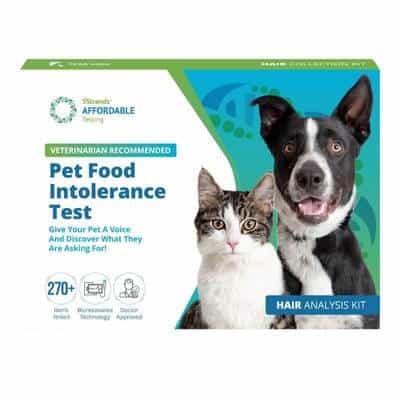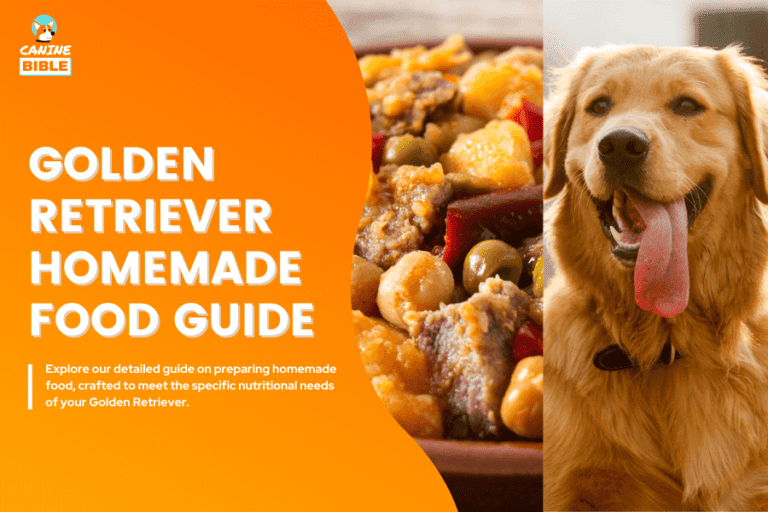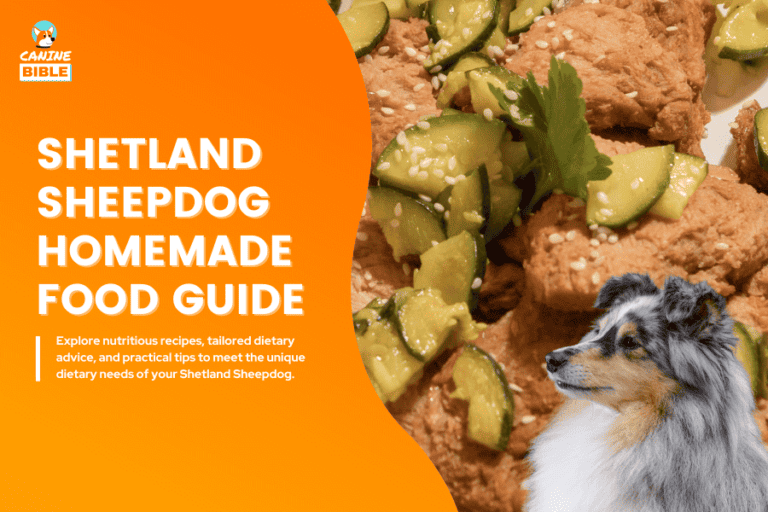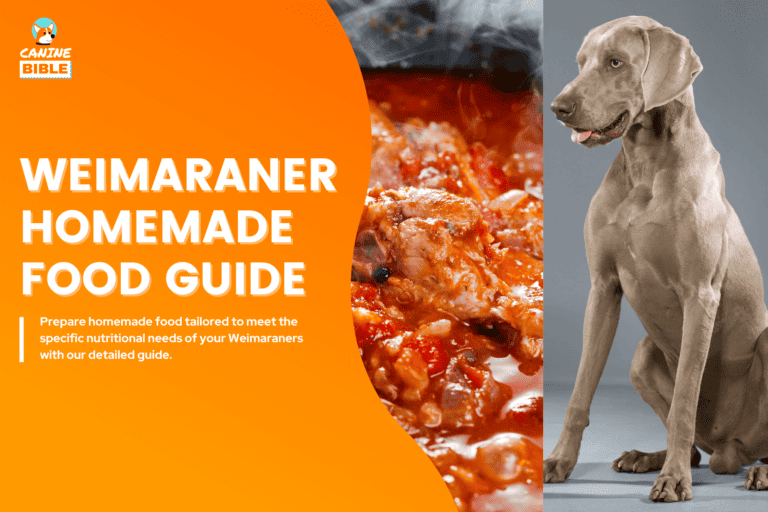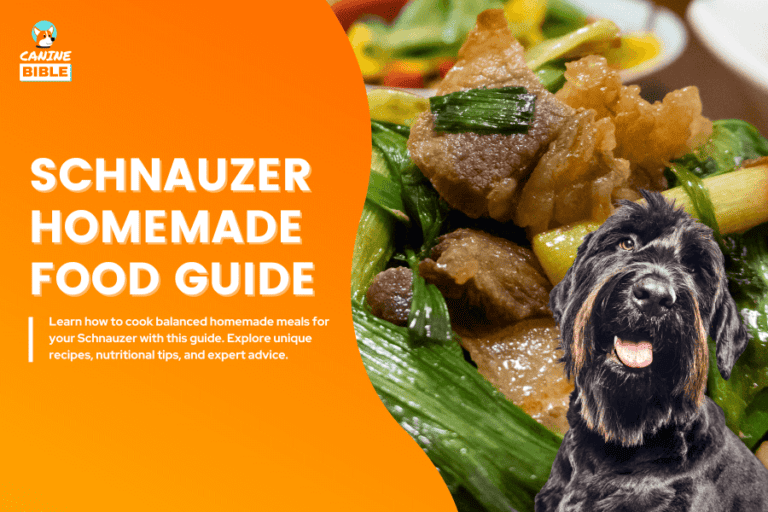The Complete Guide to Dogs Eating Coconut: Safe or Toxic?
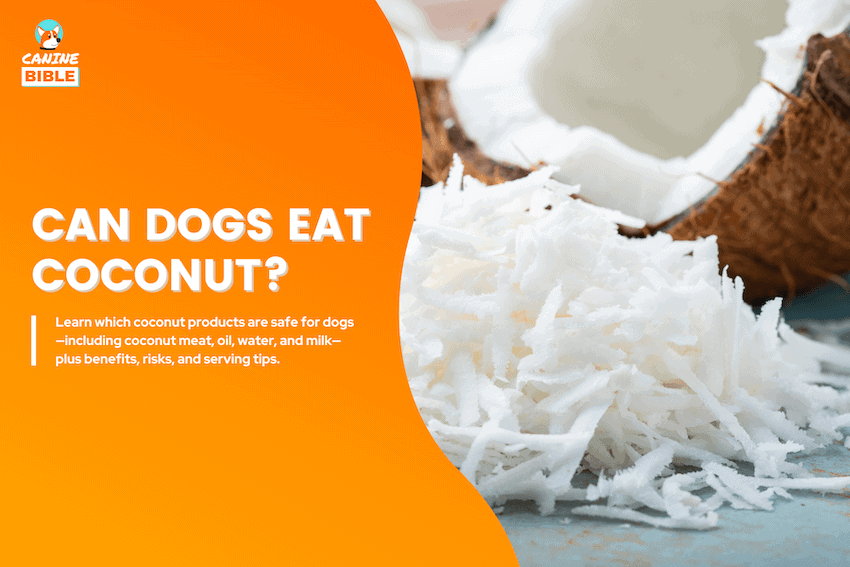
Canine Bible is reader-supported. We receive affiliate commissions via some of our links. Learn more.
Yes, dogs can eat coconut in moderation, and this tropical fruit can offer some health benefits. However, before adding coconut to your pup’s diet, there are a few important factors to consider. While fresh coconut meat is generally safe, some forms—like sweetened shredded coconut or coconut cream—contain added sugars or fats, which can upset your dog’s stomach. Plus, what about coconut water and coconut oil? Is dried coconut a safer option? Can too much coconut lead to digestive or fat-related issues? This guide will explore the benefits, potential risks, and the safest way to incorporate coconut into your dog’s diet.
Is Coconut Good For Dogs?
Coconut can be a healthy and nutritious dog treat when given in moderation.
Always feed plain, unsweetened coconut in moderation. Avoid sweetened coconut flakes or processed coconut products, as they may contain additives and excess sugars that are harmful to dogs. Also, steer clear of coconut shells, which are hard, sharp, and can pose a choking or intestinal blockage risk.
Benefits
100 grams (3.5-ounce oz) of raw coconut meat contains the following nutrients:
Coconut Nutrition Chart (100g)
Nutrient Analysis
| Component | Description | Nutritional Value (per 100g of Raw Coconut) | Safe for Dogs? |
|---|---|---|---|
| Water | Hydration and digestion support | 47g | ✅ Safe |
| Calories | Energy-dense food | 354 kcal | ✅ Safe (in moderation) |
| Carbohydrates | Energy source from natural starch and sugars | 15.2g | ✅ Safe |
| Natural Sugars | Low levels of glucose and sucrose | 6.2g | ✅ Safe (limit for diabetic dogs) |
| Fiber | Promotes healthy digestion | 9g | ✅ Safe |
| Protein | Supports muscles and tissue repair | 3.3g | ✅ Safe |
| Total Fat | High in saturated fats and MCTs | 33.5g | ✅ Safe (in moderation) |
| Saturated Fat | Provides quick energy; mainly lauric acid | 29.7g | ✅ Safe (may boost immunity) |
| Lauric Acid | Antibacterial and antiviral MCT | ~45% of total fat | ✅ Safe (beneficial for skin and immunity) |
| Medium-Chain Triglycerides (MCTs) | Supports brain health and digestion | ~60% of fat content | ✅ Safe (beneficial in small amounts) |
| Vitamin C | Supports immune health | 3.3mg | ✅ Safe |
| Potassium | Supports muscles and hydration | 356mg | ✅ Safe |
| Calcium | Essential for bone strength | 14mg | ✅ Safe |
| Magnesium | Enzyme and muscle function | 32mg | ✅ Safe |
| Phosphorus | Important for bones and metabolism | 113mg | ✅ Safe |
| Iron | Supports oxygen transport | 2.4mg | ✅ Safe |
| Copper | Supports immune and nerve function | 0.44mg | ✅ Safe |
| Overconsumption | Can lead to diarrhea or pancreatitis in dogs | — | ⚠️ Limit intake |
| Coconut Shell | Hard and indigestible; choking hazard | — | ❌ Unsafe (never feed) |
| Added Sugar (in processed coconut) | Harmful for dogs, especially in sweetened flakes | — | ❌ Unsafe (only plain/raw coconut) |
Risks & Considerations Before Feeding Coconut to Dogs
While coconut can be a safe and nutritious treat for dogs when given in moderation, there are several risks and considerations to keep in mind before feeding it to your canine companion:
Coconut Types Dogs Can & Can’t Eat
| Coconut Type | Is It Safe? | Key Benefits | Cautions | Serving Tips |
|---|---|---|---|---|
| Fresh Coconut Meat | ✅ Yes (in moderation) | Healthy fats, fiber, anti-inflammatory lauric acid | High in fat; too much can cause diarrhea or pancreatitis | Use plain, diced pieces with no shell or husk; start with 1–2 tsp |
| Unsweetened Shredded Coconut | ✅ Yes (small amounts) | Adds texture and nutrients; great meal topper | Avoid sweetened/flavored versions; can be calorie-dense | Sprinkle lightly over meals; ensure it’s unsweetened and additive-free |
| Coconut Oil | ✅ Yes (very small doses) | Promotes skin & coat health, improves digestion, antimicrobial | Too much can cause greasy stools, weight gain, or upset stomach | Start with ¼ tsp for small dogs, up to 1 tsp for large dogs per day |
| Coconut Water | ✅ Yes (plain, unsweetened) | Natural electrolytes; helps with hydration | Must be 100% pure—no added sugar or preservatives | Offer a few tablespoons occasionally; not a replacement for fresh water |
| Coconut Milk | ⚠️ With caution | Contains some nutrients; creamy meal addition | Often contains additives or sweeteners; high fat content | Use unsweetened, unflavored only; 1–2 tsp occasionally |
| Coconut Flour | ✅ Yes (in baked treats) | High in fiber, grain-free alternative | Too much can cause bloating or constipation | Use in homemade dog treats in small portions |
| Coconut Yogurt | ⚠️ Rarely and only plain | Probiotics, lactose-free option | Avoid xylitol, sweeteners, and thickeners | Plain, unsweetened only; a spoonful occasionally |
Can Dogs Eat Coconuts Raw?
Yes, dogs can eat raw coconut in moderation. The white meat is rich in healthy fats and lauric acid, which can support immune health and fight inflammation. Just be sure to remove the shell and husk, and serve only plain, unsweetened coconut.
Are Dogs Allergic to Coconut?
Most dogs are not allergic to coconut, and it’s generally considered safe for canine consumption. However, some dogs may develop an allergic reaction, as with any food. Food allergies in dogs typically manifest as itchy skin, hives, infections, and anaphylaxis (a medical emergency) in severe cases. If you suspect your dog is having an allergic reaction to any food, including coconut, it is crucial to consult a veterinarian.
Additionally, conducting an at-home dog allergy test like the 5Strands can help determine if your dog is allergic or intolerant to certain foods. For a more comprehensive approach, consider an at-home dog gut health test, like the Embark Gut Health Test, which can provide deeper insights into your dog’s digestive health and immune function. These tests can help identify food sensitivities, bacterial imbalances, and other underlying issues contributing to allergies, allowing you to take proactive steps to prevent discomfort and support your dog’s overall well-being.
Risks
The following symptoms may indicate a bad reaction to coconut.
What to Do If A Dog Reacts Badly to Coconut
Dogs showing worsening symptoms, such as blood in their vomit or stool, difficulty breathing, weakness, or collapse, should be taken to the veterinarian immediately.
1. Contact a veterinarian immediately: Even if your dog seems fine, contact your veterinarian or an emergency pet poison hotline right away. This includes services such as the ASPCA Animal Poison Control Center at 1-888-426-4435 or the Pet Poison Helpline at 1-855-764-7661. If you can’t reach your vet, you can chat live with a registered online veterinary professional via our online vet chat or video chat support (24 hours a day, 7 days a week). You can also schedule an at-home veterinary appointment with The Vets, a mobile veterinary service that provides at-home vet care nationwide for just about everything.
2. Gather important information: When speaking to a vet, provide: Quantity consumed (estimate if unsure), time of ingestion, and dog’s weight and breed (to assess potential risk).
3. Follow veterinary instructions: The vet may suggest monitoring at home or emergency treatment at the clinic.
- Keep your dog calm and prevent them from eating anything else.
- Be prepared to transport your dog to the vet quickly if advised.
- Bring any remaining coconut or packaging to help the vet assess the situation.
How to Safely Feed Coconuts to Dogs
When feeding coconuts to your dog, it’s important to follow a few simple guidelines to keep them safe:
Ways to Feed Coconut to Dogs
As with any new food, starting slowly and feeding gradually is recommended to give the digestive system time to adjust.
Best Coconut Dog Food
If you’re looking to incorporate coconut into your dog’s diet and take advantage of its healthy fats and skin-supporting nutrients, consider N&D Quinoa Skin & Coat with Coconut Dry Dog Food. This premium formula features pasture-raised venison as the first ingredient, combined with quinoa, coconut, and turmeric—ingredients known to support skin health, coat shine, and digestion. N&D’s carefully crafted recipe is ideal for dogs with sensitivities, offering a clean, nutrient-dense option that is free from fillers and artificial additives.
Best Coconut Dog Treat
For those who want to offer the benefits of coconut in a wholesome, plant-based treat, Honest to Goodness Plant Snacks Way to Glow Coconut & Flax Recipe Dog Treats provide a naturally nourishing and delicious option. Made with real coconut and nutrient-rich flaxseed, these soft, chewy treats deliver skin-loving fats and fiber to support healthy digestion, a shiny coat, and overall wellness—perfect for dogs with sensitivities or on limited-ingredient diets.
How Much Coconut Can Dogs Eat?
Treats should only constitute 10% of your dog’s diet, with the remaining 90% coming from well-balanced dog food. This guideline also applies to healthy treats like coconut. Below, you’ll find general guidelines for safely portioning coconut based on your dog’s weight.
| Dog Size | Serving Size (Feed Occasionaly) | Breed Examples |
|---|---|---|
| Extra-small (2-15 lbs.) | 1–2 small chunks (about 1 tbsp diced) | Shih Tzu, Yorkies, Chihuahuas, Maltese |
| Small (16-25 lbs.) | 2–3 small chunks (about 2 tbsp diced) | Boston Terriers, Beagles, Dachshund |
| Medium (26-60 lbs.) | 3–4 chunks (about ¼ cup diced) | Bulldogs, Basset Hounds, Border Collies |
| Large (61-90 lbs.) | 5–6 chunks (about ⅓ cup diced) | Golden Retrievers, Pit Bulls, Boxers, Labrador Retrievers |
| Extra-large (91+ lbs.) | 6–8 chunks (about ½ cup diced) | Bullmastiffs, Great Danes, Saint Bernards, Great Pyrenees |
Can Puppies Eat Coconut?
Yes, puppies can eat coconut, but only in moderation and very small amounts. Since puppies have more sensitive digestive systems, it’s best to start with just a tiny portion—such as ½ to 1 teaspoon of fresh, plain coconut meat—to see how they react. Feeding too much coconut at once can lead to digestive upset, as puppies’ stomachs are still developing and may struggle to process the fruit’s natural fats and fiber. Always use unsweetened, unseasoned coconut meat, and avoid coconut products with added sugars, artificial sweeteners, or flavorings—like sweetened shredded coconut, coconut cream, or processed coconut snacks—as these can harm puppies. When introducing coconut or any new food, avoid giving multiple new ingredients on the same day so you can monitor for food sensitivities or allergies. If your puppy experiences any digestive issues, introducing only one new food at a time makes it easier to identify the cause. Try offering a small, soft chunk of fresh coconut meat (no husk or shell), then wait a few days to observe how your puppy’s digestive system reacts before offering more. Always remove the hard outer shell and fibrous husk, as they are difficult to digest and may pose a choking or blockage hazard.
Alternatives
Here’s a list of alternatives to coconut that are just as safe and nutritious.
Frequently Asked Questions
The Bottom Line
Coconut can be a healthy and tasty treat for dogs when served in moderation and properly prepared. From fresh coconut meat to coconut oil and even coconut water, this tropical fruit offers numerous benefits, including improved skin and coat health, anti-inflammatory properties, and a natural energy boost. However, like all treats, moderation is key—too much coconut can cause digestive upset or contribute to weight gain. Always opt for plain, unsweetened coconut products and avoid those with the shell, husk, or any processed items containing added sugars or artificial ingredients. When in doubt, consult your veterinarian—especially if your dog has underlying health conditions or a sensitive stomach.
Whether you’re introducing coconut or any new treat, unexpected reactions can happen. Having the right pet insurance ensures you can handle any vet visits with peace of mind. Check out our guide to the best pet insurance plans to keep your furry friend covered in every situation. If you’re looking for other healthy snack options, check out the best dog treats to find safe and nutritious alternatives. And if you’re seeking something more therapeutic to support anxiety, pain, inflammation, or other health concerns, explore the benefits of CBD oil for dogs and CBD dog treats for a natural way to help your pup feel their best.
Sources
Canine Bible authorship represents the unified voice of our entire editorial team and our in-house veterinarians rather than a single author. Each article, blog post, and review published under the Canine Bible name undergoes a rigorous review process, involving all team members to guarantee accuracy and up-to-date in accordance with the latest veterinarian research. This collaborative effort is an integral part of our editorial process and aligns with our four pillars of content creation. This approach ensures our content is backed by expert knowledge and factual information, offering our readers reliable, actionable, and trustworthy content.

